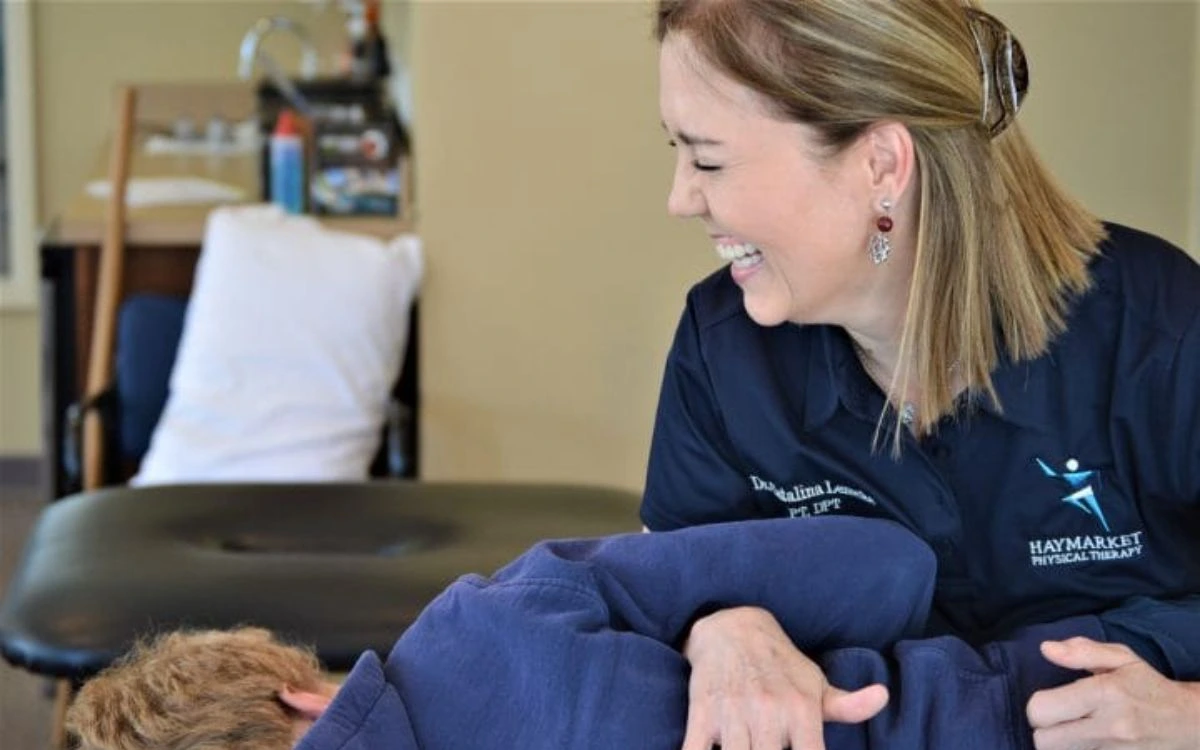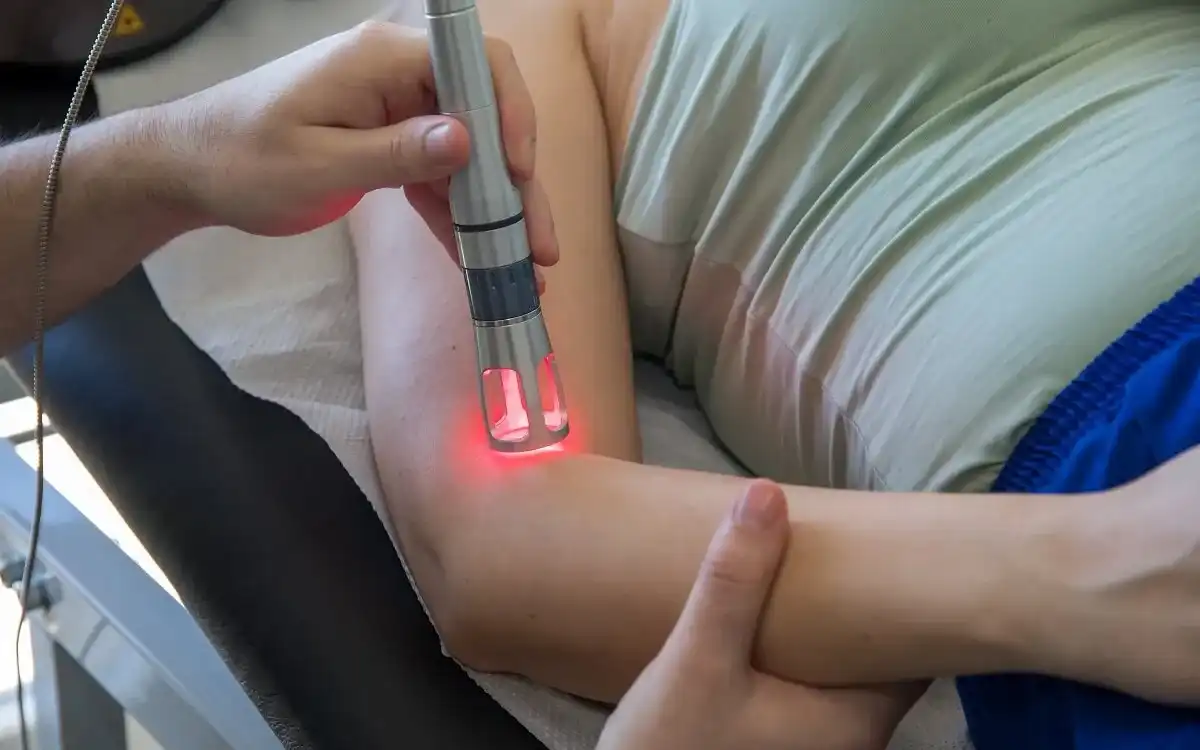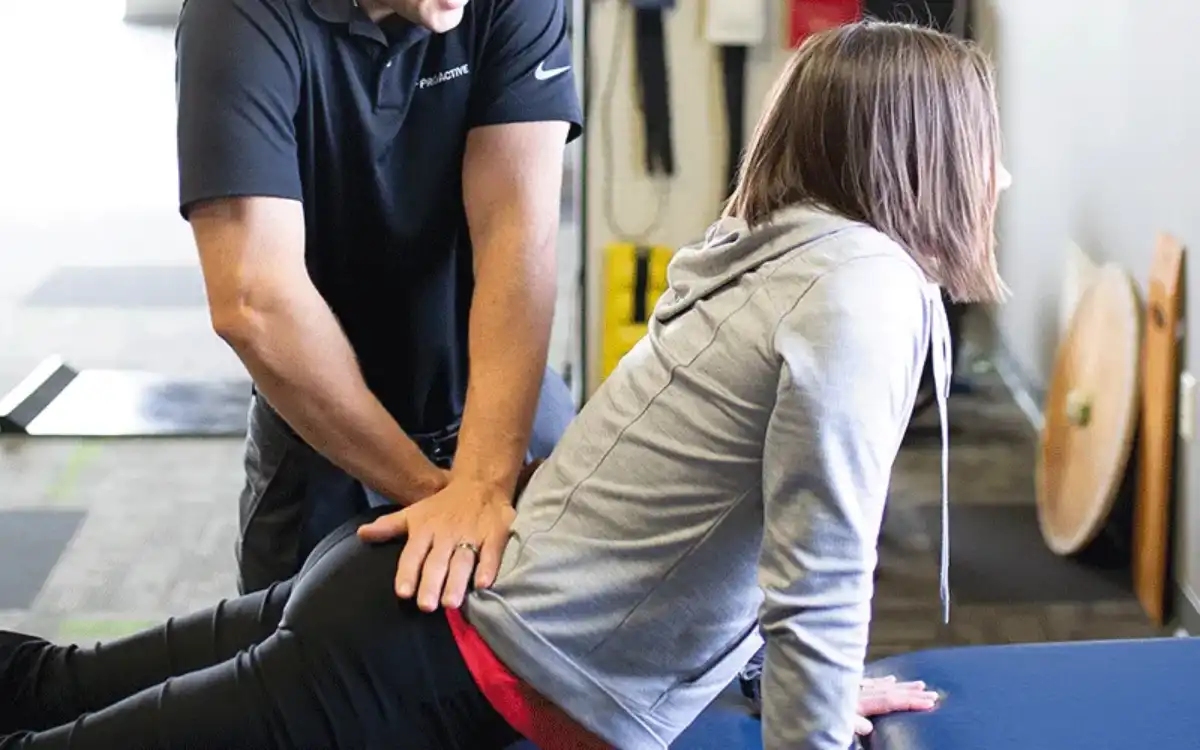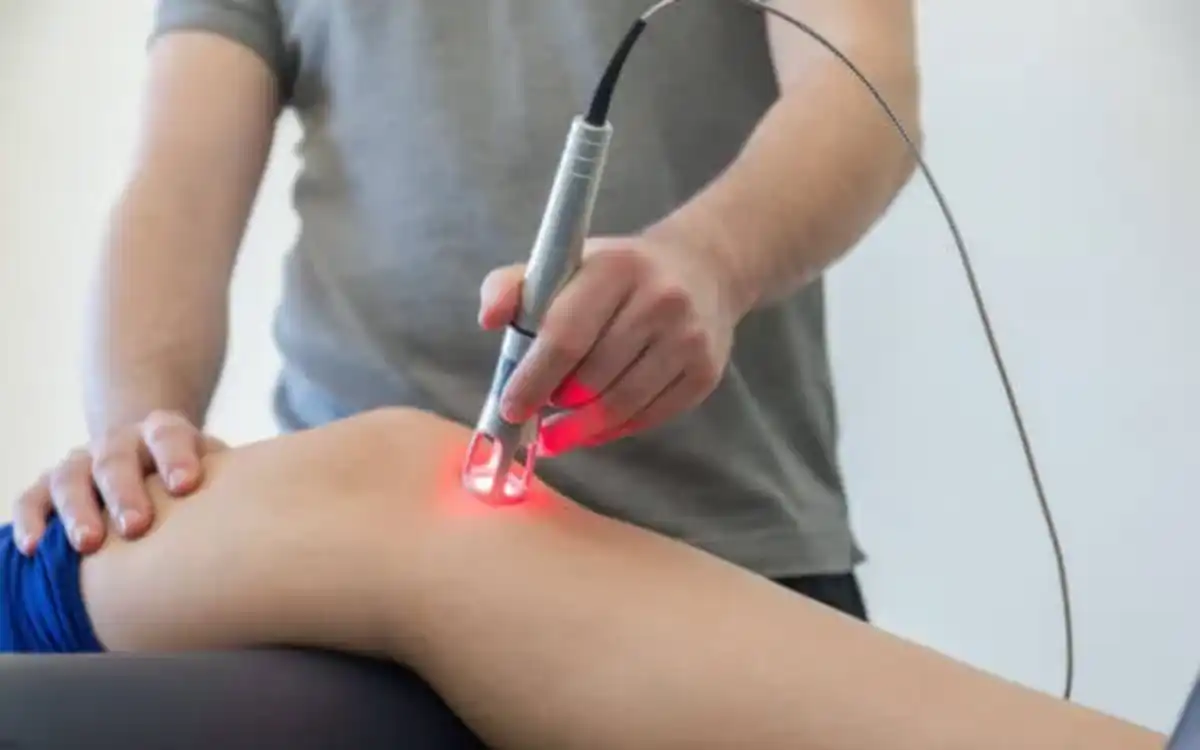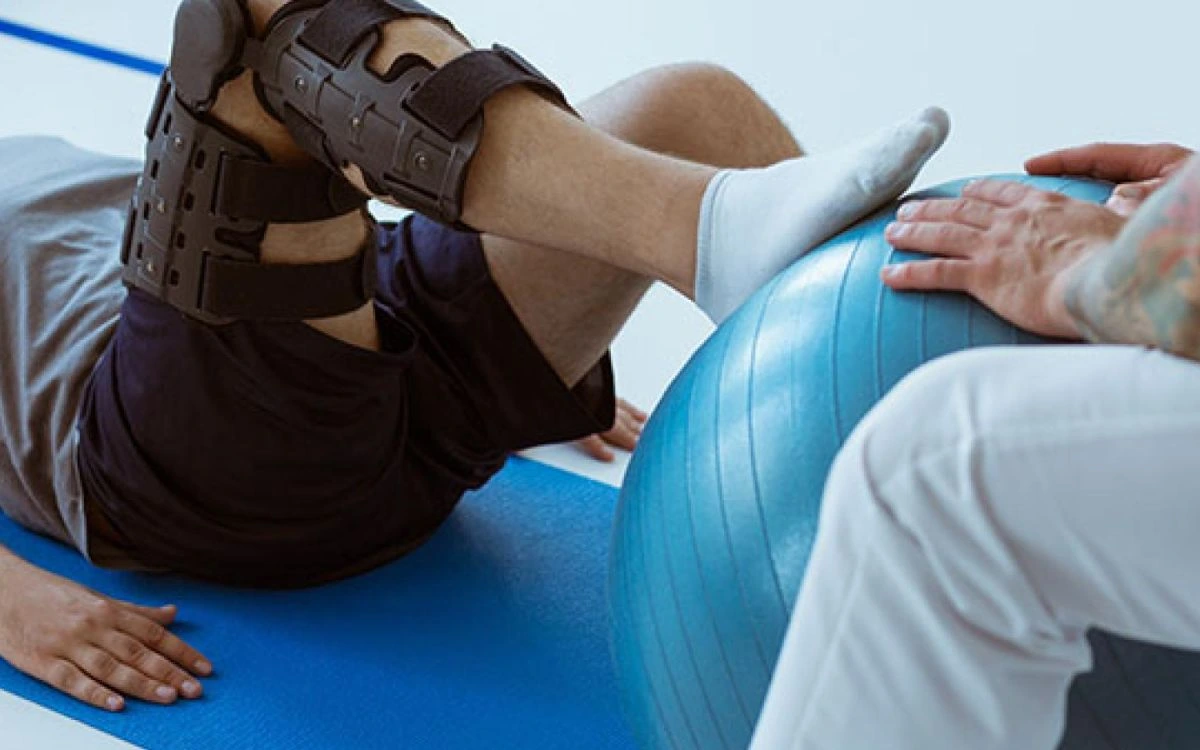OVERVIEW
Ask the experts
Are the exercises too difficult?
You can be sure that if you feel more pain (as a rule of thumb, no more than 10 minutes after exercising), your range of motion decreases or your function becomes less efficient, it is likely you are doing too much.
How far can I stretch to pain?
If you are instructed by your therapist to stretch, do not stretch beyond the point of pain when performing a stretch. It is not helpful to stretch through pain.
How long does it take to get over my problem?
It will depend on the severity of your condition, how long you have had it, and what your diagnosis is. Your therapist will provide an estimate of recovery time.
When is it a good idea to exercise to lose weight?
Ask your therapist. If the resistance feels light and it is possible to do 20-30 reps without stopping, then add weight.
How often should I repeat an exercise?
To stimulate neuromuscular reeducation and healing, it is sufficient to repeat a movement 10-15 times. Physiological muscle hypertrophy, or gaining muscle mass, is usually achieved with three sets of 6-8 reps. Then you work to failure (the point where you can’t do the 9th rep). Rehabilitation exercises are not designed to achieve hypertrophy.
How do I know if I’m making progress?
Your symptoms and function are often the most important factors in your progress. It is easier to lift things, change clothes, and sleep on your side if your pain is lessening. These are signs of improvement.
What can I do to improve my?
Talk to your therapist if you’re not seeing improvement. You will be given additional suggestions by your therapist.
Can I do all my exercises in one go?
The exercises can be done in any order, but it is not important which order they are performed. You may be given specific instructions by your therapist.



